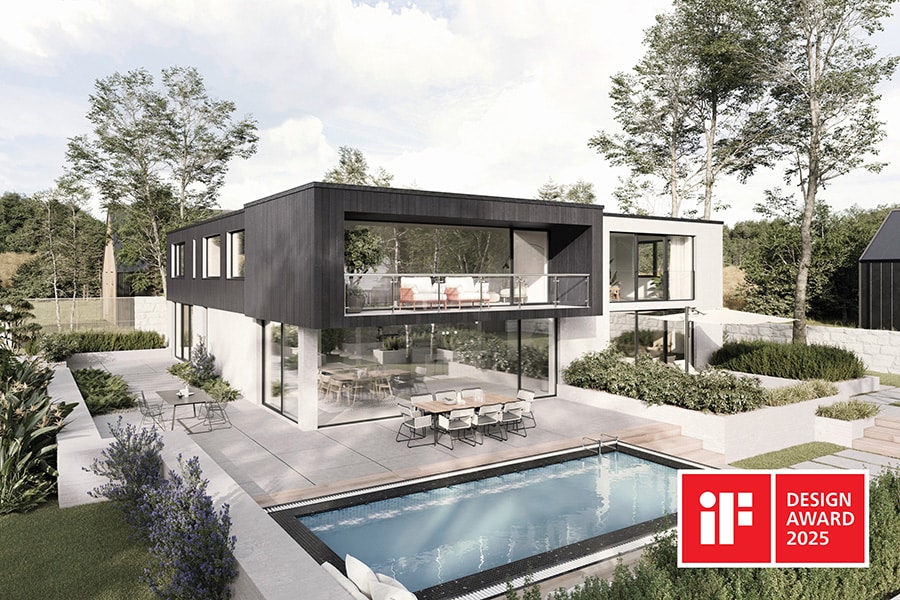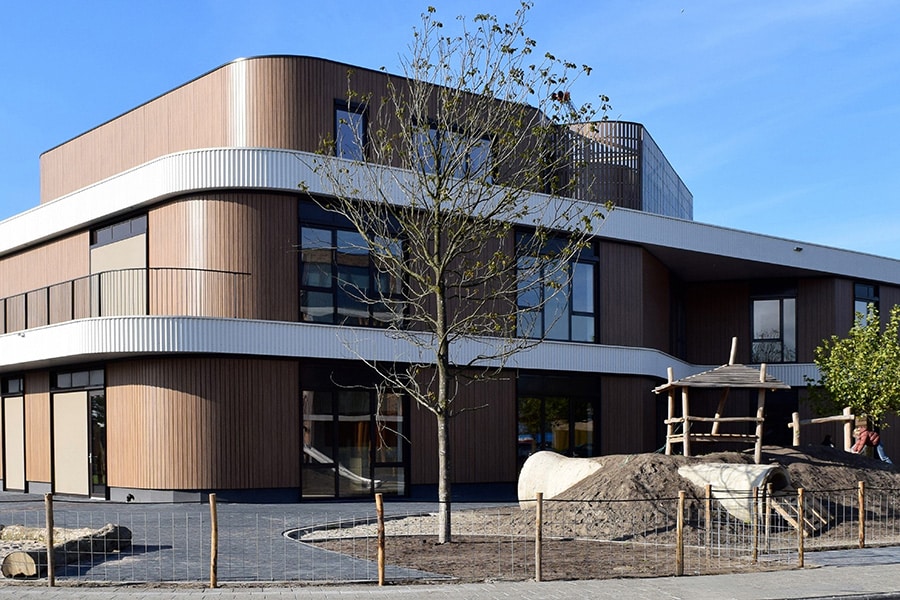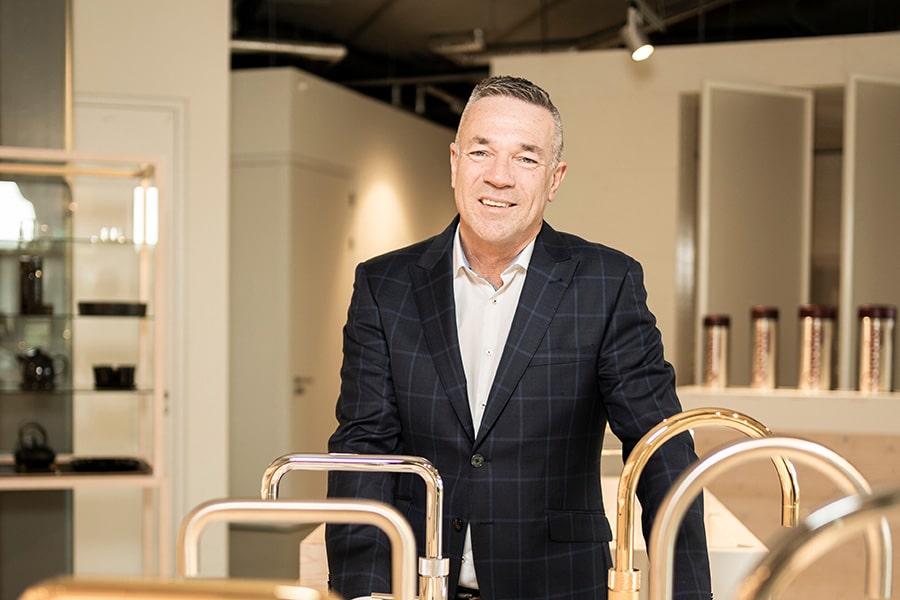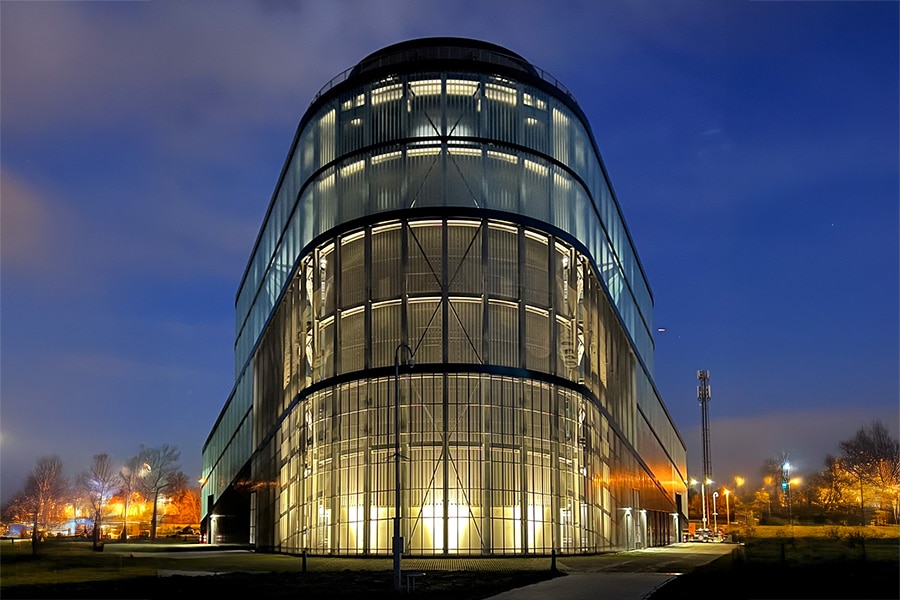
Steel: an edge
Since 2006, the company has specialized in steel windows, doors and glass structures. In doing so, ZNR continues to evolve in order to stay ahead of the ever-increasing requirements for fire safety and burglar resistance.
ZNR was founded in 1983 as an operating company of Zuid-Nederlandse Staalbouw. In 2006, the Zuid-Nederlandse Ramenfabriek continued independently, specializing in windows and doors made of aluminum and steel. Commercial director Jörn Jochems explains why the company eventually specialized in steel. "Fire safety is an increasingly important issue in construction and then steel is a more suitable material. In addition, it allows us to make very slim profiles."

Focused on thinking along and solving
Today ZNR is a major player in the field of steel windows, doors, facades and daylight constructions. The company works with the profiles of Swiss market leaders Forster and Jansen. Production is located entirely in the Netherlands. "We have a flat organization both internally and externally. This allows us to act quickly, think along with the customer and solve any problems quickly."
Burglar resistance is increasingly important, according to Jochems: "At first, an RC3 burglar resistance class was mainly requested. Now there is increasing demand for the RC4 class." To give the profiles this upgrade, ZNR set up its own test lab, where certification body SKG can test the products. Jochems recognizes that there are more and higher requirements for doors. "For example in the field of fire safety, such as a door without a frame that always remains open, but closes in case of fire. However, there is also a demand for doors that open automatically, or for access control at the door. It is a challenge for us to provide solutions for these within the set budget."
Each project has its own challenges
ZNR is keen to assist architects as early as the design phase with product knowledge and a pragmatic approach, relieving them from the design phase through to assembly. The company recently completed a façade next to the A2 motorway, measuring 70 meters long and 19 meters high. Jochems says: "Sound insulation was an important requirement here, as was fire resistance on the outside of the facade."
In a project in Groningen, it was the height of up to 27 meters that posed the challenge. "The choice of steel was very logical here, because it achieves higher values than aluminum."






